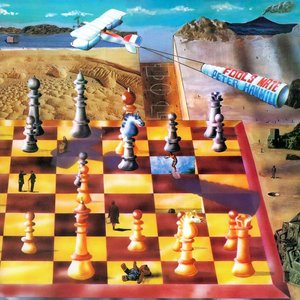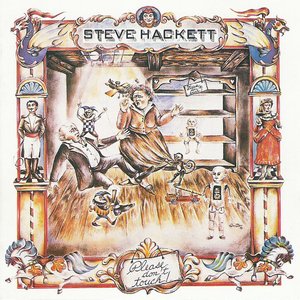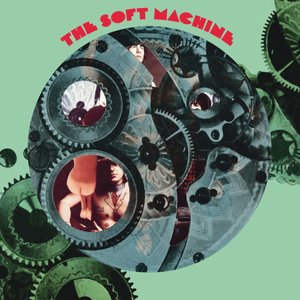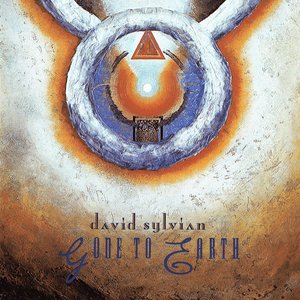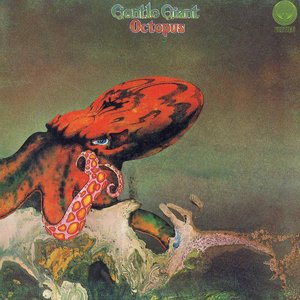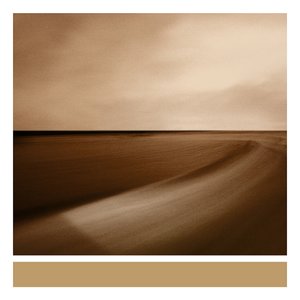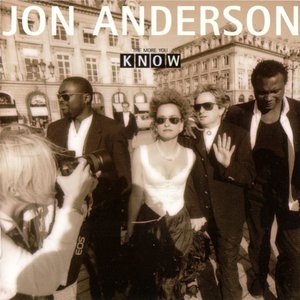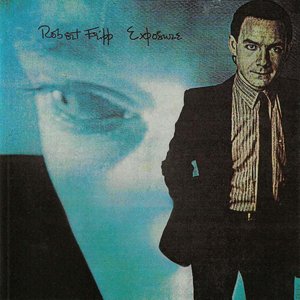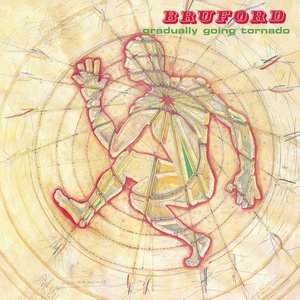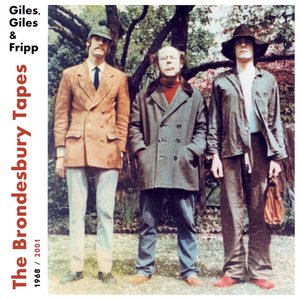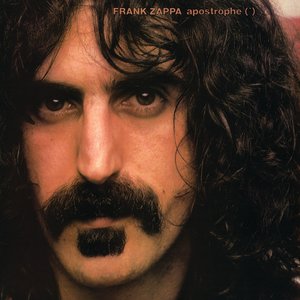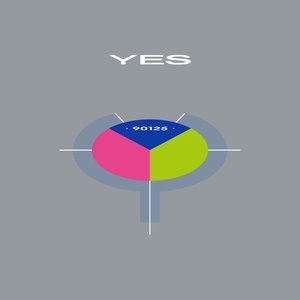Wiki
-
Release Date
April 1981
-
Length
6 tracks
Released in 1981 under EG Records, Let The Power Fall is an album of "experimental" but quite* listenable musical tracks based on Robert Fripp's playing of recorded and looped guitar "segments" with limited effects. Starting with an initial "segment" made up of a single guitar sound or progression, these segments are then dubbed in loops across two tape machines whilst adding new guitar "segments" with varying delays, the whole thing gradually building into a unique "chorus" of sound on each track. All tracks on the album start at a relatively slow pace and develop in fits and starts into rich, multilayered musical themes. The overall effect is occasionally choppy and sometimes rough, but decidedly unique and even "transcendent" sounding in places - some tracks on the album overcome the relative "simplicity" of the concept and develop into something near-beautiful, while others progress into slightly more jarring but response-provoking pieces.
This album marks a relative milestone in the early stages of what have been nicknamed "Frippertronics" in the sense that it is a standalone album recorded individually (as compared to his experimentation with dubbed sounds on co-recorded tracks such as "No Pussyfooting" years earlier with Brian Eno) and released in a period where the majority of Robert Fripp's musical contribution was in recording with other artists (Peter Gabriel, Peter Hammill, etc.) prior to the reformation and "interwoven" sound of a new King Crimson lineup.
Compared to Fripp's subsequent works in the same vein (now nicknamed "Soundscapes") using (theoretically) a similar methodology but with advances in technology, synthesized guitar sounds, recording methods, and variable delays between sound loops, this album could be said to have a "colder" and more "mechanical" feel. This could likely be due to the limitations of the two-deck non-digital recording medium, the lack of effects in the playback sound, and the use of shorter "segments" as the basis for building the overall musical theme of each track: in any case, Let The Power Fall is a much different sound both in presentation and style than his later works.
Although the tracks are titled as various year numbers, there does not appear to be any significance in regards to the album overall, as each track is relatively standalone and essentially unique compared to others on the album. *It should also be mentioned that although the album is quite listenable in its own right, the style of the sound on this album seems to be one of those "love it or hate it" things - it is by no means representative or even remotely similar in sound or feel to Robert Fripp's later individual "Soundscapes" work despite the use of similar methodology (overdubbed guitar sound loops) and should probably not be used as a basis for comparison as to whether one should consider listening to other individual albums by Robert Fripp.
Album descriptions on Last.fm are editable by everyone. Feel free to contribute!
All user-contributed text on this page is available under the Creative Commons Attribution-ShareAlike License; additional terms may apply.

